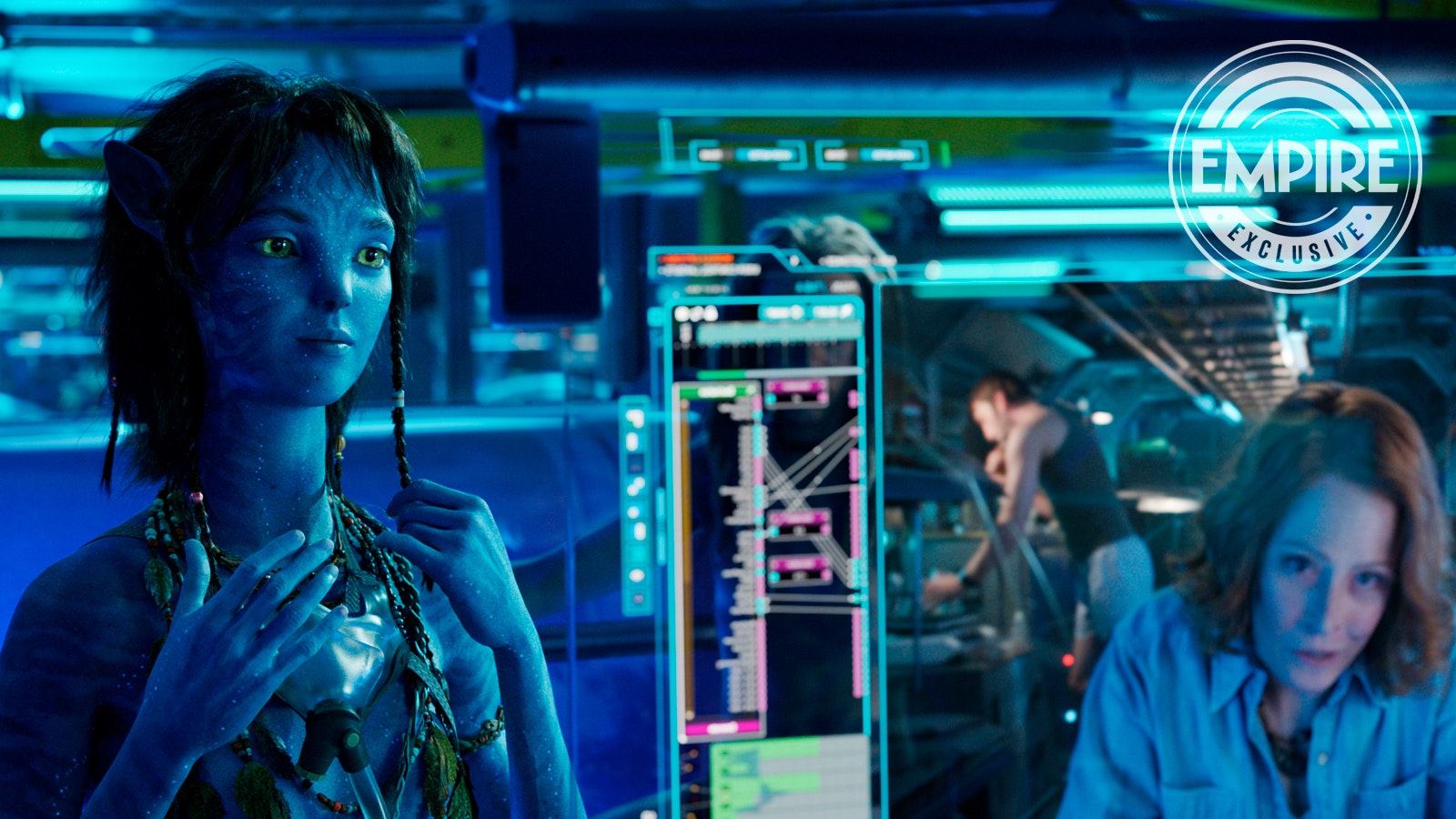SpiritFluid
Spooky, and Gay
- Location
- The Sun from which The Shadows Cast
- Pronouns
- She/Her/They/Them
Digital film making was not spawned by Avatar, what on earth??? That shit was pioneered by Star Wars. That was literally the crowning technical achievement of Attack of the Clones; and ya can't pretend fhat somehow that was a singular one-odd, since there absolutely was ofher big budgeted sci fi works before Avatar that hit the clouds like that as well, most obviously that I can point at being the Matrix sequels, or nascent MCU films (Thor being an obvious example I can point at of 'lot of CGI environments and acting and broader use of environment and characters and etc).Avatar likewise spawned an entirely two new field filmmaking (digital filmmaking
Avatar did not make anything new there. It helped popularize motion capture and green screens, sure (although neither was invented by it and instead directly taken influence from earlier works that pioneered and watershed'd that), certainly, I won't argue on that, but Avatar certainly wasn't the birthplace of that.
Avatar did not as single handedly invent its staples; you call it nihilistic to dismiss, I call it "it stood in others shoulders to get where it is"; Star Wars was something inspired from before, in every way, something its unabashedly proud of, to a point where its greatest achievements are literally it taking inspiration on its sleeves. It didn't invent models on a blue screen to look cool, it did what was already there to make something cool, and Avatar is zero different in that regard.who gives a shit about Star Wars, eventually someone would have figured out how to shoot mashed up WW2 model kits against a blue screen and make them look cool. Who gives a shit about the Wizard of Oz, eventually someone would have popularized color filmmaking.
That's something literally James Cameron himself has said, citing that things like Lord of the Rings, Peter Jacksons King Kong, and Pirates of the Carribean were what finally made him think he could create a film like what he did. Avatar itself, as every person can tell you, is also plain in the influences on its sleeves on its very existence — which is to say, James Cameron grabbing words of authors like Edgar Rice Burroughs and going "I will now put my sci fi mil flavouring in there, as the villains".
Avatar didn't invent some new, undreamt of thing, outside the size of its environments (and even then that's nit incomprehensible outside fidelity, which is more a matter of the technology advancing than anything; King Kong certainly isn't slouching in the department of scale of a tropical, magical world; more brutal and grimey and the fucking bug pit, but still, and Pirates of the Caribbean was not underperforming its motion capture or character designs and acting with the crew of the Flying Dutchman or its set-piece battles, especially in the last film). It capitalized on an idea and niche that you can find having started in 2002, and capitalized forwards with inspiration from other great huge CGI works, which is what pretty much every major film company was doing, because giant CGI action-piece environments was becoming the norm. The Prequel trilogy of Star Wars, Mateix, King Kong, Pirates of the Caribbean, Michael Bays Transformers, the MCU, How To Train Your Dragon, etc.
To say that plainly is not nihilism, it's observing the environment it existed in.
It ain't Jurassic Park when everyone, to stretch a metaphor, is going all in on giant monsters with practical effects and CGI. Avatar being the prettiest and taking home the most prizes is commendable as a technical achievement, but to try and call it some watershed "nothing that looks like this has ever been done before" is so patently untrue, even James Cameron could argue against it.
Last edited:


